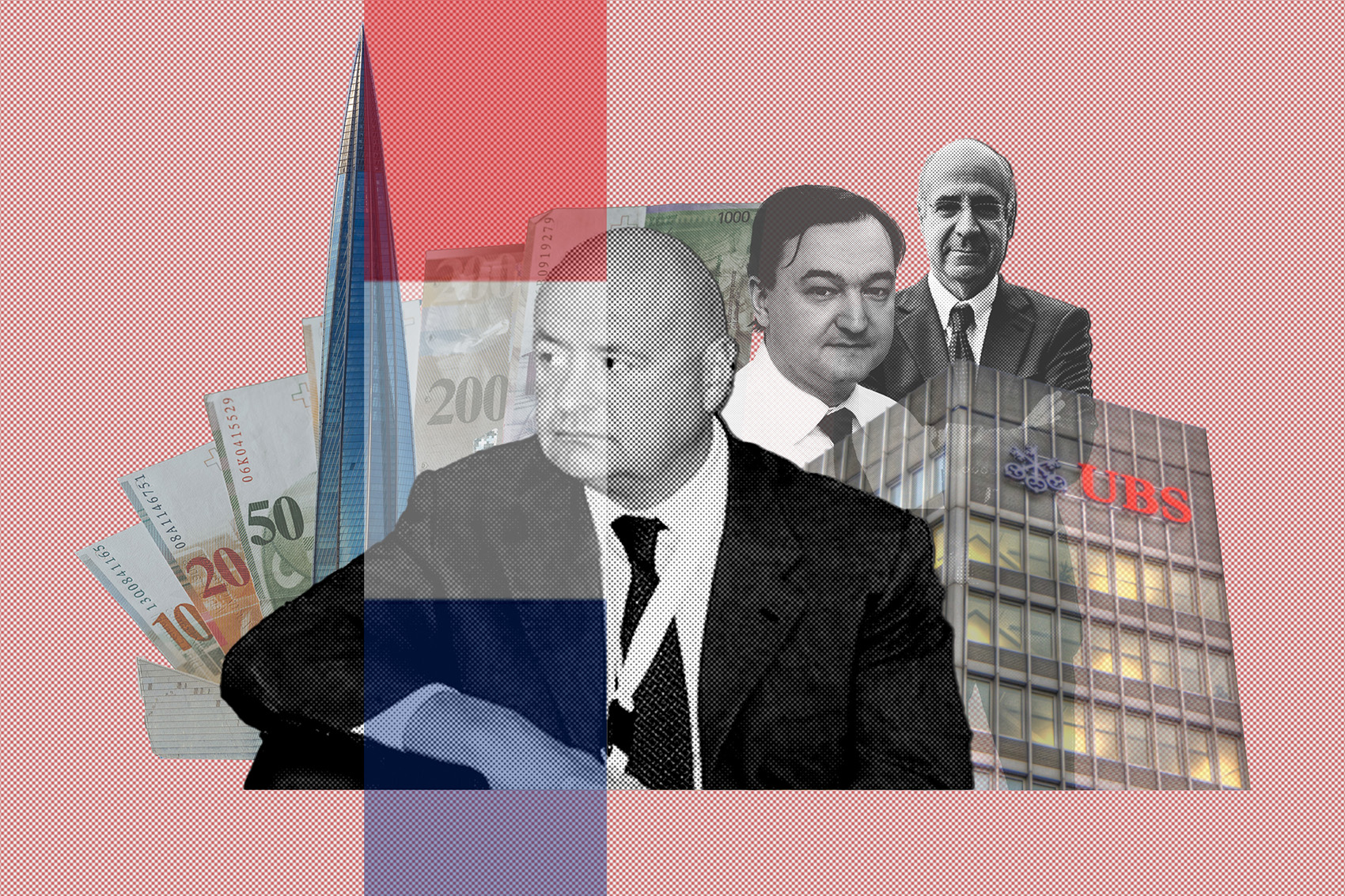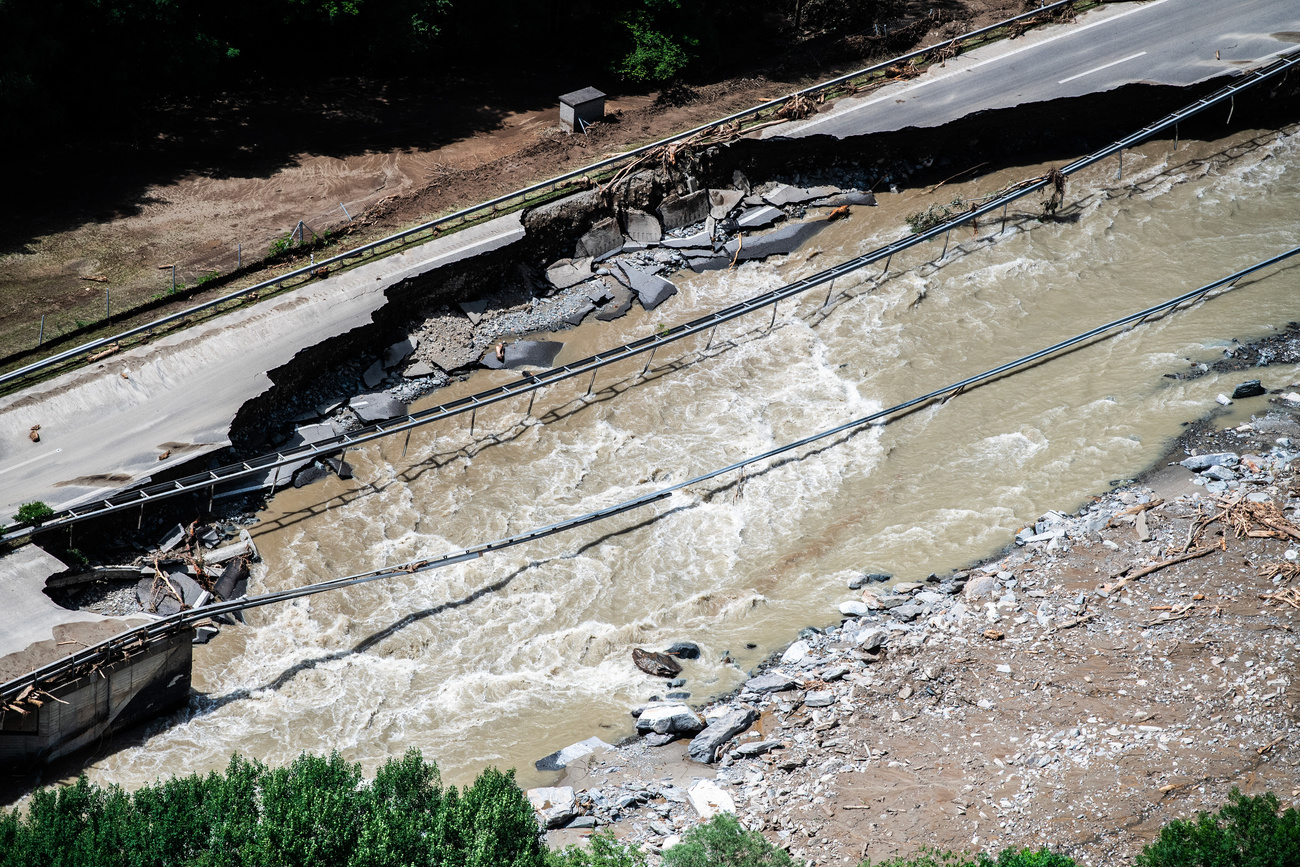EU struggles to counter Russian election disinformation

By Julia Payne
BRUSSELS (Reuters) -The European Union’s disinformation-busting team last month debunked a Russian-language video on YouTube that said citizens were fleeing dictatorship in EU member Poland and seeking refuge in Belarus, a close ally of Moscow.
The story peddled recurring pro-Kremlin narratives of Warsaw holding aggressive militaristic intentions and of democratic failings in Poland and the wider EU, the team known as Stratcom said.
It was also part of what Stratcom says is a broader Russian disinformation campaign that Europe is widely seen as struggling to counter before an election to the European Parliament on June 6-9.
The video fitted a pattern: Russia-linked websites take pro-Kremlin content from state-controlled outlets or pro-Kremlin social media accounts, repackage it, including with translation, and spread it via new channels to target EU audiences, EU officials say.
Russia is widely accused of having waged disinformation campaigns targeting elections in the United States, Europe and Britain over the last decade although Moscow had denied it uses disinformation to influence public opinion.
A U.S. intelligence assessment in 2023 found Moscow was using spies, social media and Russian state-run media to erode public faith in the integrity of elections worldwide.
European capitals have warned of a pre-election surge in disinformation, but its impact is hard to gauge.
“Influence operations by Russia, China and other actors, including domestic groups, have the potential to disrupt online conversations around the EU election,” said Jack Stubbs, chief intelligence officer at social network analysis firm Graphika.
“We’ve seen evidence to suggest that even the people conducting the operations can struggle to understand if they are having an impact.”
Russia’s foreign ministry did not respond to a request for comment. Moscow dismisses Western allegations that it is spreading disinformation.
Stratcom, a team of 40 that runs on a shoestring budget of 15 million euros ($16.3 million), is on the front line of Brussels’ battle against disinformation. But the 27-nation bloc is under-resourced for the fight, two EU officials said.
“We cannot stage an offensive from Brussels,” said Peter Stano, spokesperson for the European Commission’s diplomatic service, adding such action had to happen at member-state level.
Most, though not all, EU countries do wage their own fight against disinformation but resources vary and experts say the European effort is disjointed.
This has left mainstream parties vulnerable to disinformation campaigns that amplify grievances that are fuelling voter discontent and underpinning support for nationalist parties in France, Germany and elsewhere.
According to the EU’s second annual disinformation report published this year, Poland and Germany were the most targeted nations inside the EU. France and non-EU member Serbia were also among the top targets.
FRAGMENTED RESPONSE
Moscow, whose relations with Western governments have sunk since its 2022 invasion of Ukraine, says the West is waging an information war involving fake claims aimed at destroying Russia’s reputation and casting it as an enemy.
Officials in Russia, which has suppressed dissent under President Vladimir Putin, say the West has become so intolerant that it refuses to accept any view that contradicts the prevailing dominant narrative.
France’s European affairs minister, Jean-Noel Barrot, told newspaper Ouest France in April that his country was “pounded” by Russian disinformation.
Attacks against France include the creation of a fake French government website alleging 200,000 citizens were being called up to fight in Ukraine and a Paris bed bug scare that was amplified by Kremlin-backed activities and went viral.
“Not a week goes by without France being the target of coordinated and deliberate manoeuvres to disrupt public debate and interfere in the campaign for the European elections,” Barrot told the newspaper.
Tomasz Chlon, the Polish government’s international disinformation commissioner, told Reuters that blocking websites was like squeezing a balloon because they crop up elsewhere.
Efforts to fight disinformation vary across Europe.
France has tasked its Viginum foreign disinformation watchdog – which has a team of 42 and is growing – with monitoring Russia-linked social media accounts and uncovering influence operations. Spain has a dedicated taskforce that uses hardware designed by Europol to coordinate its state response.
Italy’s political opposition has drafted legislation that would create a unit dedicated to identifying acts of disinformation. Slovakia, whose government faces accusations of favouring Russia, has mostly gutted a unit it said was staffed by “activist clerks” in charge of ensuring “there is only one correct opinion.”
“The overall response is very fragmented,” said Valentin Chatelet, a researcher at the Atlantic Council’s Digital Forensics Lab.
In a sign of Europe’s intent to act more forcefully, EU nations last month suspended four Russian media entities, including Czech-registered website Voice of Europe, calling them Kremlin-linked propaganda networks.
The Kremlin said there would be repercussions for Western journalists in Moscow in retaliation.
The EU’s new Digital Services Act (DSA) requires Big Tech to do more to counter illegal and harmful content. Generative AI has made it faster and easier for foreign actors to spread misinformation, EU officials say.
“Before with trolls and bots, there was usually a person behind it. With AI, everything has multiplied,” Stano said.
($1 = 0.9195 euros)
(Reporting by Julia Payne, additional reporting by Jan Lopatka, Anan Koper, John Irish, David Latona and Sarah Marsh; Editing by Richard Lough and Timothy Heritage)







